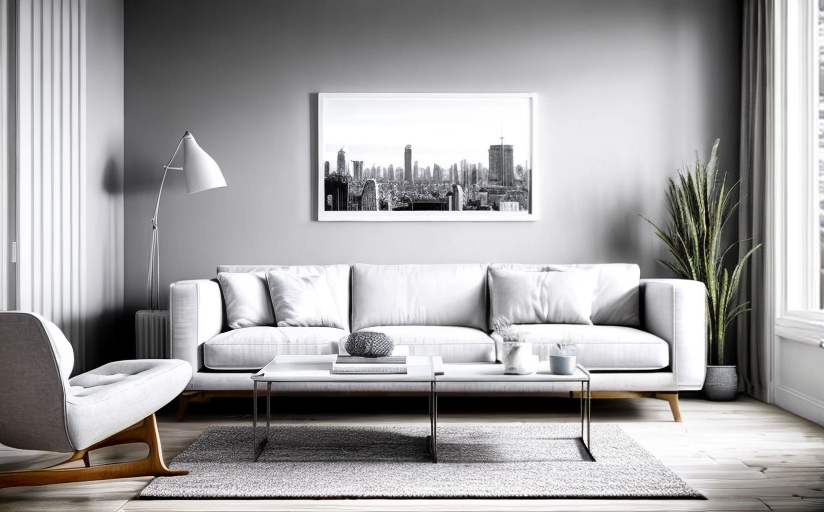The Influence of Minimalist Approaches In Today's Fast-Paced Lifestyle
In the modern era, we find ourselves grappling with an insurmountable deluge of digital stimuli, material possession, and endless wants. However, on the flip side, there has been a surge in the popularity of minimalism—a lifestyle choice that advocates for owning fewer possessions and focusing on experiences and relationships rather than material goods. This article seeks to delve into the increase of minimalism within our society, its impacts on various sectors, and the benefits and drawbacks it poses in managing today's chaotic world.
The Rise of Minimalism
Minimalism defined as an intentional life focused on what truly matters, eschewing the unnecessary physical and mental clutter has been steadily gaining followers in recent years. According to a study, web searches on minimalism have surged by an estimated 80% from 2015 to 2021. This drastic increase points to a societal shift towards simplification as a means of cutting through the chaos of everyday life in the digital age.
The Impact of Minimalism
Stress Reduction and Overall Well-being
Studies show that clutter can negatively impact mental well-being, suggesting that adopting minimalist strategies can lead to stress reduction. One of the most significant sources of stress in people these days is the chaos that accompanies constant digital overload. Minimalism encourages individuals to digitally detox, promoting mental health and an improved sense of well-being.
Financial Management
Minimalists subscribe to the notion of 'less is more', downsize their possessions and spend their income on experiences over possessions. This approach can lead to healthier financial management—freeing up funds for savings or investment rather than physical items.
Interior Design
Minimalist design has had a significant influence on home interior aesthetics, too. Architectures and homeowners are embracing simplicity and functionality, resulting in serene, clutter-free living spaces that promote both physical and mental wellbeing.
Environmental Sustainability
The minimalist philosophy of owning less inevitably leads to reduced waste, reduced consumption, and a smaller carbon footprint—a win for environmental sustainability.
Potential Drawbacks
However, minimalism isn’t without its potential downsides. Some critics argue that it is a lifestyle only possible for those privileged enough with sufficient resources—those who can afford to choose experiences over material goods. Moreover, the struggle to maintain a minimalist lifestyle in a consumerist society can, ironically, lead to additional stress.
Conclusion
Minimalism, in its essence, strives to create a sense of balance and tranquility in our fast-paced lives. By leveraging minimalist principles, individuals can declutter their environments—both digital and physical—and focus on what truly matters.


















Comments
Leave a Comment